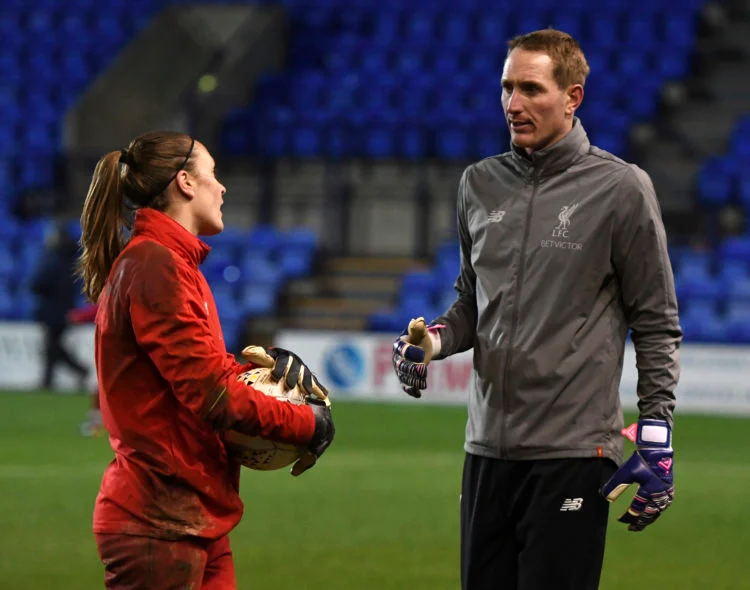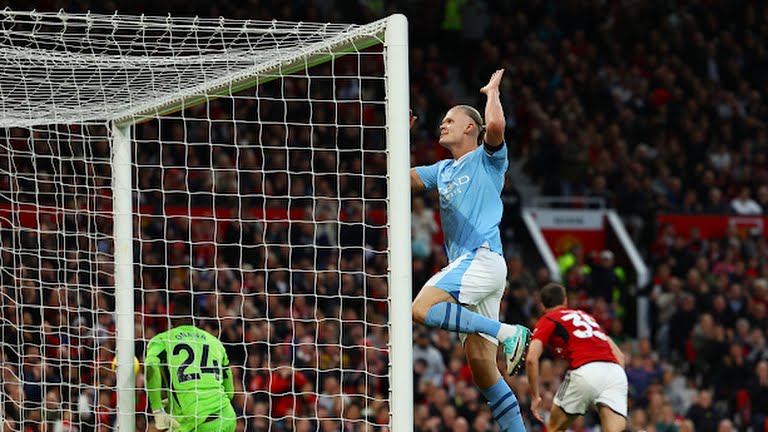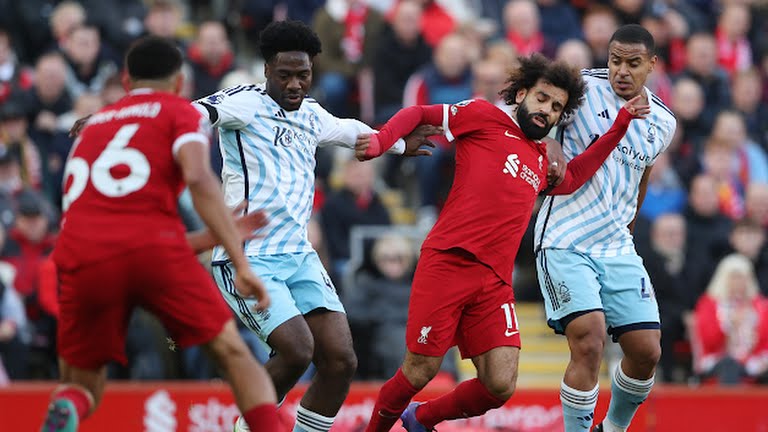Chris Kirkland, a former goalkeeper for Liverpool, has courageously spoken up about his addiction to a “evil drug” that is soon to be outlawed in sports.
Ahead of a new ban in January, Chris Kirkland has issued a warning, stating that some existing players will “rely” on Tramadol.
The Professional Footballers’ Association issued a warning to players, including those at Liverpool, last week on the impending ban on the painkiller Tramadol from the sport in England and Wales.
Beginning on January 1st, 2024, players who are found to have trace amounts of the drug in their system will be subject to a two- to four-year suspension.
How common is Tramadol in football?
Tramadol is a strong painkiller only available through prescription and will be banned by the World Anti-Doping Agency on New Year’s Day. WADA reportedly delayed the ban due to the addictiveness of tramadol with the delay agreed to give users more time to wean themselves off it
The PFA’s director of external affairs, Ben Wright, told The Athletic: “The concern we have is there is an explicit acknowledgement that it is an addictive substance.
“It’s habit-forming, it’s an opiate and it’s often referred to as being in the same family as heroin. It can sound like an extreme comparison, but it is fairly well accepted.”
He added: “We wanted to force a recognition among players that this is coming down the line and if they need support, now is the time to start doing it rather than it becoming, with the deadline looming, an anti-doping issue.”
However former Premier League and England goalkeeper Chris Kirkland warned that it is “inevitable” that players will text positive after the date of the ban.
He warned: “Somebody is going to get caught, I’m glad this ban is happening because it’s a dangerous, dangerous drug. But you’re not going to eradicate it and somebody will fail a test, it’s inevitable. It’s going to be extremely tough for a lot of players because there will be many who rely on it.”
Ex-Liverpool player Chris Kirkland opens up on Tramadol addiction

Kirkland made 45 appearances for Liverpool, also played for Wigan, Sheffield Wednesday and five other clubs in England. He has spoken out about using the soon-to-be-banned painkillers.
Speaking to the Athletic. Kirkland said: “I found out when I went into rehab that I was taking the equivalent of six shots of heroin a day. It is an evil, evil drug. It nearly killed me, and should have killed me.
“At the start, it gives you a good feeling. It makes you feel happy, if you have anxiety or anything like that. I was using it for pain, yes, but I was using it for anxiety more than anything. But it messes you up mentally. I knew after three months that I was in trouble, that I’d become reliant on it.
“In the end, you build up such a tolerance to it, it doesn’t really do anything. It’s just that your body needs it, because you’re addicted.”
Why is the World Anti-Doping Agency banning Tramadol?
It is no doubt experiences like the one Kirkland has bravely shared that emphasise why this painkiller is getting banned.
When announcing the ban in September 2022, a WADA statement read: “Tramadol has been on the World Anti-Doping Agency’s Monitoring Program for several years and data gathered through this programme has indicated significant use of the substance in certain sports.
“Tramadol misuse is of concern because of the risks of physical dependence, opiate addiction, and overdose. It has led to it being a controlled drug in many countries. Research studies funded by WADA have also confirmed the potential for tramadol to enhance sports performance.”
Tramadol side effects
The NHS website lists a number of side effects associated with the drug with the two most common being feeling of sickness or dizziness which affect one in 10 people taking the drug.
Other common side effects include:
- Headaches
- Feeling sleepy, tired, dizzy or spaced out
- Nausea or vomiting
- Constipation
- Dry mouth
- Sweating
- Low Energy
One in 100 people could suffer from serious side effects, in which case, users are advised to contact their doctor or 111.
Serious side effects are listed below:
- Feel dizzy, tired and have low energy – these can be a sign of low blood pressure
- Have hallucinations (seeing or hearing things that are not there)
- Feel confused
- Feel very sleepy
- Have trouble peeing or you cannot pee at all














